The United Kingdom is reportedly preparing to significantly toughen its visa policies for several nations, including Bangladesh, igniting fresh anxiety among Bangladeshi asylum seekers and migrants already in Britain. This assertive move by the UK government, led by Prime Minister Sir Keir Starmer, aims to curb illegal migration through a more "transactional" approach to international relations.
Central to these growing concerns is a returns agreement proactively signed last year between the previous Bangladeshi government, under former Prime Minister Sheikh Hasina, and the British authorities. This Standard Operating Procedure (SOP), formalized in May 2024, was designed to fast-track the return of failed asylum seekers, foreign national offenders, and visa overstayers from the UK by potentially waiving mandatory interviews when sufficient evidence for removal existed.
Now, against a changed political landscape in Britain, marked by a deepening crisis of illegal Channel crossings, this pre-existing agreement is casting a long shadow, fueling apprehension among Bangladeshi asylum seekers.
Escalating Pressure on Immigration
The UK government has explicitly warned that it will impose visa restrictions on countries that refuse to accept the return of their citizens deemed illegal immigrants or failed asylum seekers. Prime Minister Starmer, addressing the issue at the recent G7 summit, articulated this uncompromising stance, even as Downing Street conceded that the migrant crisis in the English Channel is "getting worse." In a parallel move, the government has also begun work on a new digital application to verify individuals' legal status for residency and and employment in Britain.
The Prime Minister is reportedly developing proposals for a "smarter use" of the UK's visa system. The core objective is to link access to British visas directly with a country's willingness to cooperate on preventative measures against illegal migration and facilitate repatriation agreements. This transactional strategy aims to leverage visa policy as a potent tool for the swift return of individuals who lack legal residence in the UK.
Britain currently holds returns agreements with approximately a dozen nations, including Albania, India, Bangladesh, Vietnam, and Nigeria. Given Bangladesh's proactive step in signing the SOP for expedited returns, a critical question now looms: Will this existing cooperation exempt Bangladesh from potential future visa restrictions, or does the broader push for a "more hard-edged approach to diplomacy and migration" signal intensified pressure even on cooperative partners?
Prime Minister Starmer's discussions with leaders from France, Germany, and Italy during the G7 summit underscored the escalating prominence of the small boats issue on the government's agenda. Starmer stated, "We are looking at issues like a smarter use of our visas," adding, "It would be much more sort of transactional, if you like."
This tightening of visa conditions coincides with a rare admission from Downing Street, following talks with French President Emmanuel Macron, that the situation in the English Channel is "deteriorating." Statistics reveal that over 16,000 migrants have already made the perilous Channel crossing from France this year, highlighting the immense challenge facing the UK.
Bangladeshi Asylum Seekers in the UK: Recent Figures
According to the latest Home Office statistics for the year ending March 2025, Bangladesh remains a significant country of origin for asylum applications in the UK, ranking among the top five nationalities. In 2024 alone, 7,225 asylum applications were made by Bangladeshi nationals. At the initial decision stage for applications made in 2024, only 18% of Bangladeshi applicants were granted protection, indicating a substantial 82% refusal rate. This high refusal rate underscores the large number of Bangladeshi individuals who may fall under the category of "failed asylum seekers" that the UK is keen to return.
Beyond asylum claims, thousands of Bangladeshis have also recently arrived in the UK on care visas and as their dependents. Many of these individuals are reportedly facing mounting uncertainty due to shifting government policies and alleged exploitation by unregulated brokers, adding another layer of complexity to the bilateral migration dynamics between the two nations.
UK Calls for Reform of European Human Rights Framework
In parallel with its domestic immigration push, Britain is also intensifying its call for reform of the European Convention on Human Rights (ECHR). Justice Minister Shabana Mahmood stated yesterday that the 70-year-old convention, which underpins human rights and political freedoms across Europe, "must evolve" to reflect contemporary political realities.
The Labour government has significantly criticized the ECHR's interpretation in immigration cases, particularly where its provisions, such as Article 8 (right to private and family life), have been used to prevent the deportation of migrants, including some convicted of serious crimes. Mahmood argued that such interpretations "damage the public perception of human rights altogether," implying the law is seen as protecting rule-breakers rather than the law-abiding.
While Britain is no longer part of the European Union, it remains a signatory to the Council of Europe and is bound by the rulings of the European Court of Human Rights (ECHR) in Strasbourg. Labour has pledged to clarify how domestic judges should interpret the convention, but Mahmood's speech extended this ambition to a wider reform of the international human rights framework. "The European Convention on Human Rights is one of the great achievements of post-war politics. It has endured because it has evolved. Now, it must do so again," she asserted.
Britain isn't alone in its desire for reform. Last month, a coalition of nine European countries, led by Italy and Denmark, urged the Council of Europe to streamline the process of expelling foreign criminals. However, Alain Berset, the Council's Secretary General, has cautioned against "weaponizing" the court, emphasizing it shouldn't be used against or by governments.
The Labour government, nearing its first year in power, faces increasing public pressure over immigration figures and its ability to deport foreign criminals and illegal arrivals. While committed to remaining within the ECHR, its stance contrasts with the surging right-wing Reform UK party, led by Nigel Farage, who advocates for immediate withdrawal. The main opposition Conservative Party is also reviewing its policy on continued ECHR membership, highlighting deep political divisions on this issue.
The convergence of these policies—a stricter visa regime and a push for human rights reform—underscores the UK government's determination to regain control over its borders and immigration system. However, these measures also raise significant questions about their potential impact on international relations, the principle of human rights, and the complex challenge of managing global migration flows.
The Context of the Bangladesh-UK Returns Agreement
It's worth noting that the agreement for expedited returns between Bangladesh and the UK was signed under the previous Sheikh Hasina government. Sources indicate that this agreement was largely driven by a challenging situation faced by the Bangladeshi High Commission in London. During Sheikh Hasina's visits to London, persistent protests by opposition groups, involving the throwing of eggs and water bottles, made it increasingly difficult for the High Commission to secure hotels for her delegations. An official, speaking anonymously from the High Commission at the time, revealed that the constant disruptions embarrassed other hotel guests, and complaints from surrounding businesses to the council eventually made securing accommodation impossible. In one instance, an advisor to Sheikh Hasina had to use their Indian diplomatic connections to arrange a hotel.
It was in this climate that Bangladesh somewhat unexpectedly signed the Standard Operating Procedure (SOP) with the British government on May 16 of last year. Initially kept under strict wraps, the agreement only became public after reports emerged in mainstream British newspapers, forcing the then controversial High Commissioner, Saida Muna Tasneem, to address the issue. At the time, Tasneem stated that while Bangladesh wasn't among the top ten countries for undocumented citizens in the UK, the post-Brexit understanding was necessary. However, it's understood that a key motivation for the High Commissioner was to appease the then-Prime Minister, who was reportedly annoyed by the protests, and to intimidate asylum seekers.
During the current interim government leader Dr. Muhammad Yunus's recent visit, asylum seekers were again notably present among the protestors, indicating ongoing challenges.
Commenting on the matter, Barrister Iqbal Hossain, Principal Solicitor at Chancery Solicitors in London, told the Daily Dazzling Dawn on Thursday morning, "We have been saying from the very beginning that this agreement would cause great distress to Bangladeshi asylum seekers."
Concerns Over Fraudulent Asylum Claims
Adding another layer to the complex immigration debate, a report published in the UK's Daily Mail on May 21 alleged that some Bangladeshi men are faking homosexuality to gain residency in the UK, with the open assistance of unscrupulous individuals and even some charities. The newspaper claimed that individuals facing deportation are suddenly "discovering" their homosexuality. The report described an organized network allegedly teaching individuals how to "pass" the process of claiming to be gay to gain permanent residency in Britain. Disturbingly, the investigation highlighted a severe accusation where men were reportedly presenting themselves as their brothers' lovers during interviews with immigration officials.
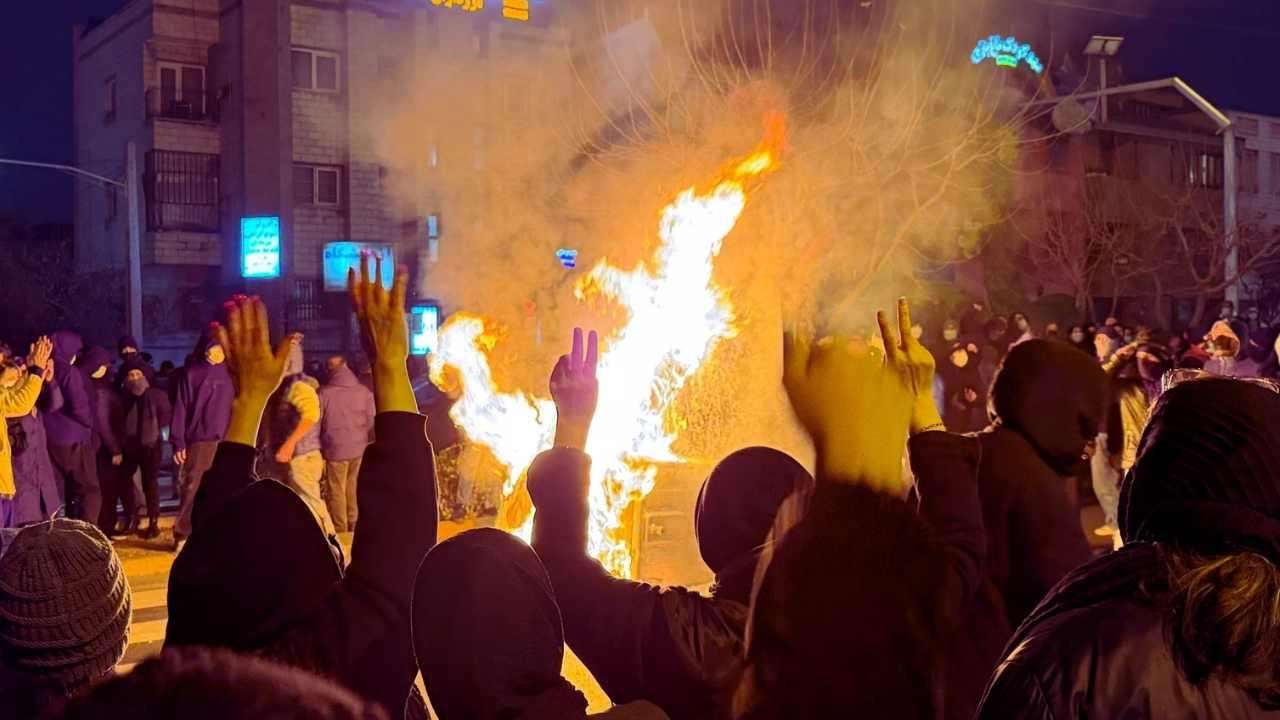
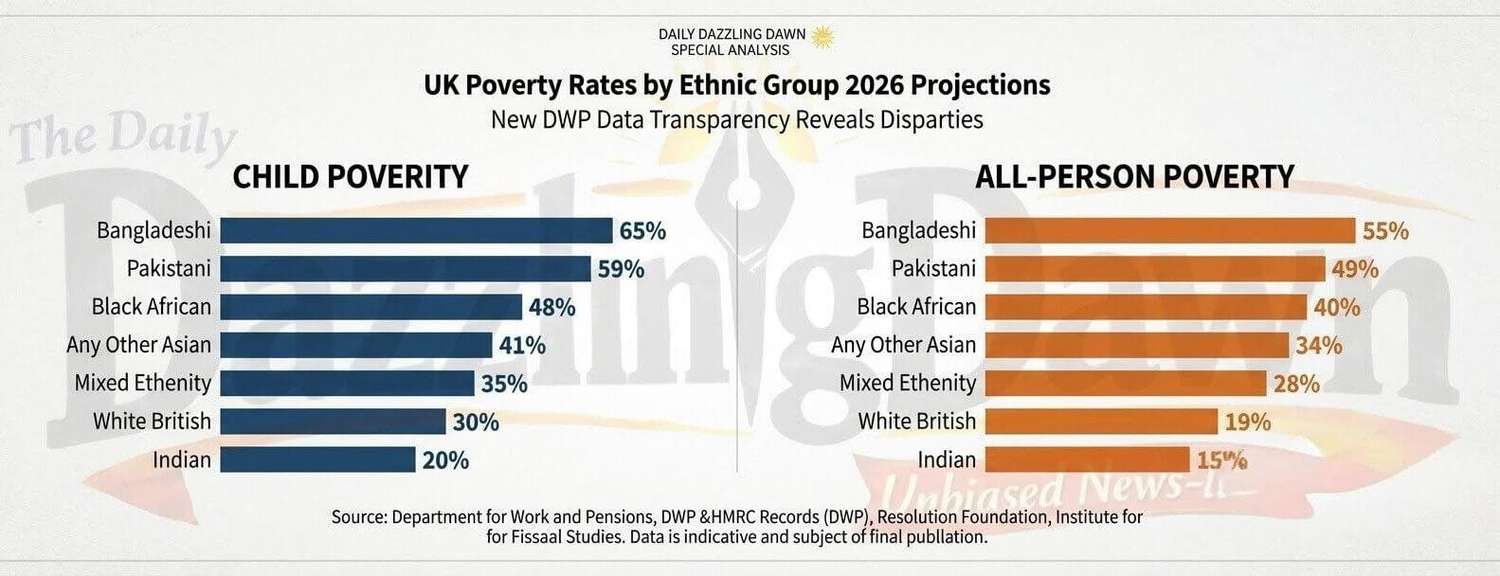

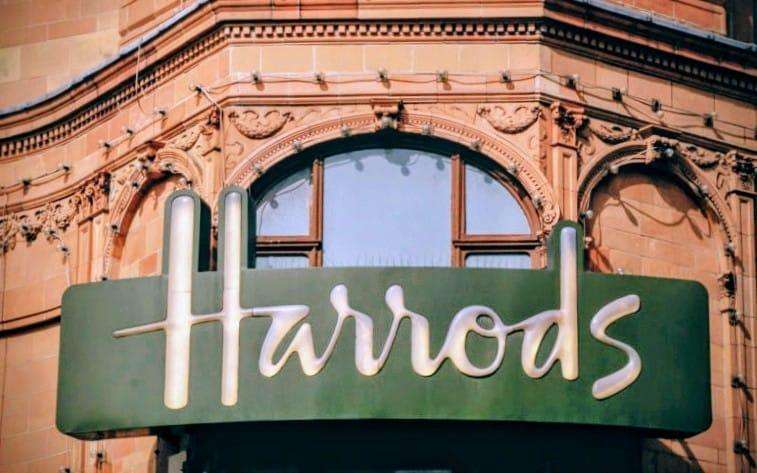


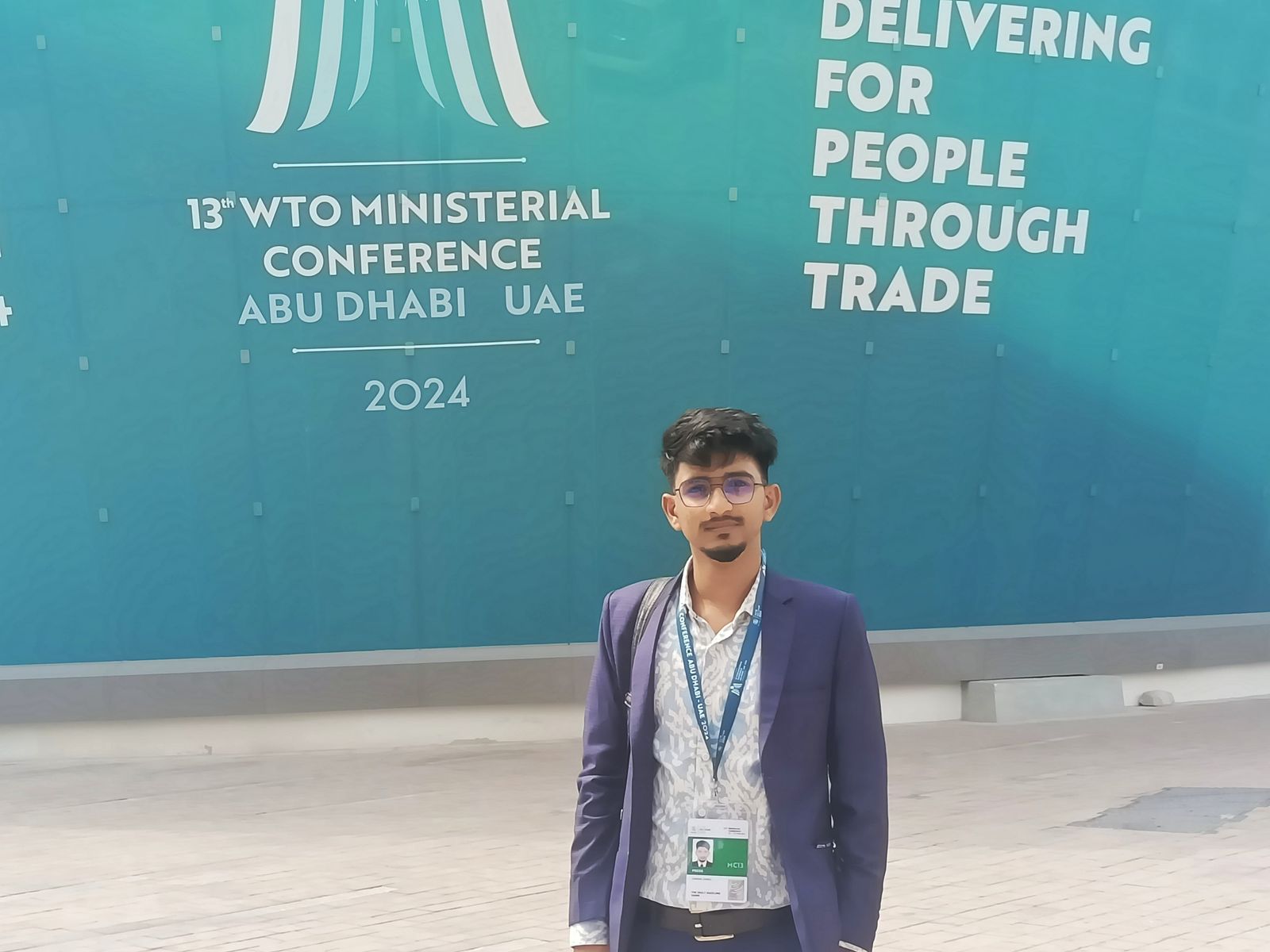
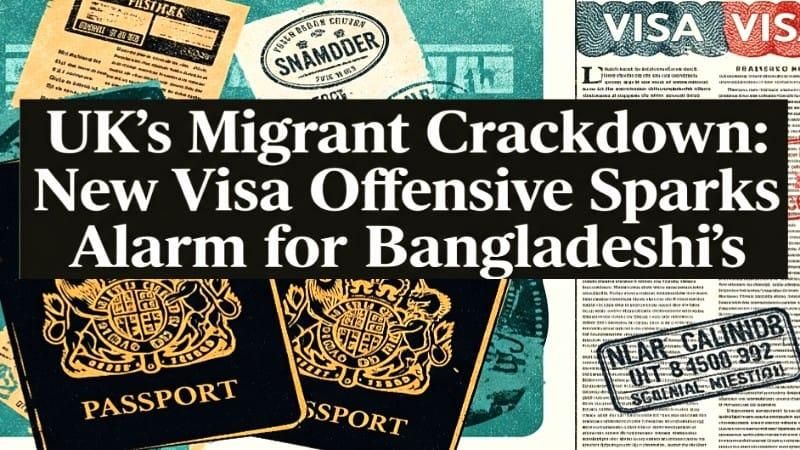
.svg)
